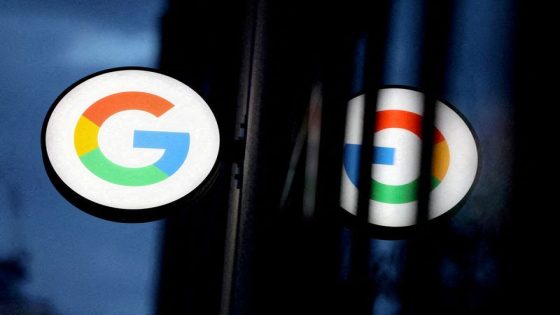WELLINGTON (Reuters) – Google said on Friday it will stop linking to New Zealand news articles and ditch the agreements it has with local news organisations, if the country’s government goes ahead with a law to force tech giants to pay a fair price for content that appears on their feeds.
The New Zealand government in July confirmed it would progress legislation started by the previous Labour Party-led government that ensures fair revenue sharing between operators of digital platforms and news media entities. The proposed legislation is still in review and is likely to see changes including some to bring it more in line with Australian legislation.
Caroline Rainsford, Google New Zealand Country Director said in a blog post that if the bill as it currently stands becomes law, Google would be forced to make significant changes to its products and investments.
“We’d be forced to stop linking to news content on Google Search, Google News or Discover surfaces in New Zealand and discontinue our current commercial agreements and ecosystem support with New Zealand news publishers,” Rainsford said.
Google, which is owned by Alphabet Inc , is concerned that bill is contrary to the idea of the internet being open, that it will be harmful to small publishers and that the uncapped financial exposure provides business uncertainty.
New Zealand Minister for Media and Communications Paul Goldsmith said he was considering the range of views in the sector.
“We are still in the consultation phase and will make announcements in due course,” he said in a statement. “My officials and I have met with Google on a number of occasions to discuss their concerns, and will continue to do so.”
Although minority government coalition partner ACT does not support the legislation, it is likely to find enough cross party support to pass once finalised.
Australia introduced a law in 2021 that gave the government power to make internet companies negotiate content supply deals with media outlets. A review released by the Australian government in 2022 found it largely worked.
(Reporting by Lucy Craymer; editing by Lincoln Feast.)
Source Agencies



